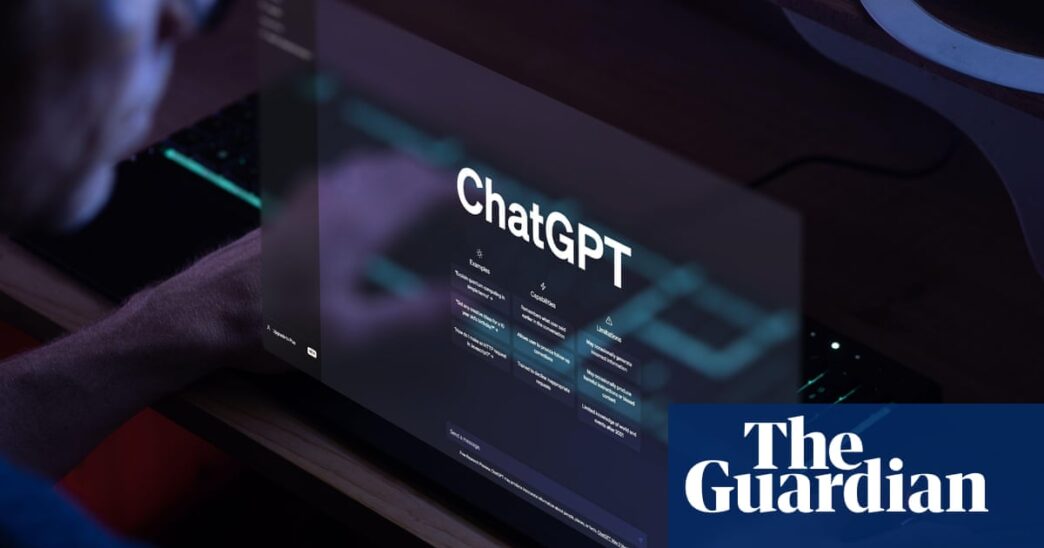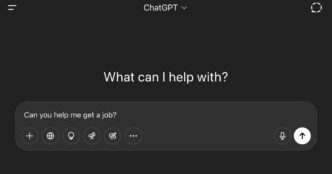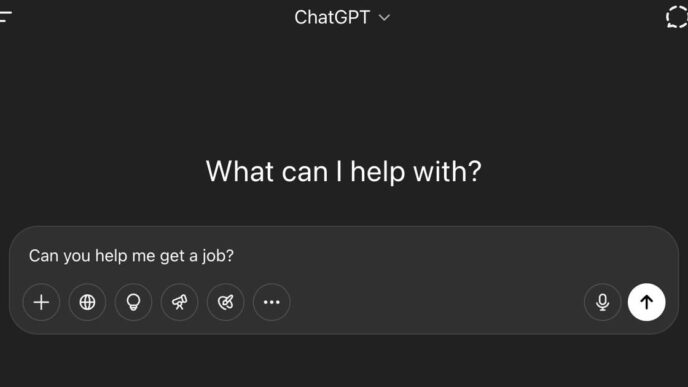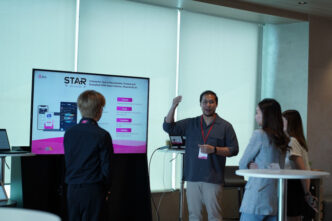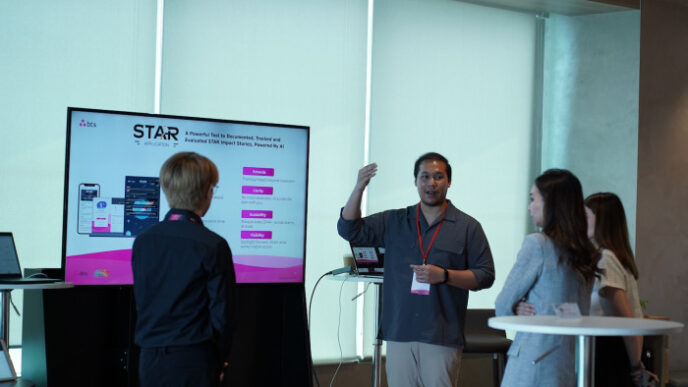Thousands of UK university students have been caught cheating with ChatGPT and other AI tools, while traditional plagiarism is dropping fast.
A Guardian investigation found nearly 7,000 confirmed AI misuse cases in 2023-24. That’s 5.1 cases per 1,000 students—up from 1.6 per 1,000 the year before. Early figures for this academic year point to 7.5 per 1,000, and it’s likely way higher in reality.
The issue started when AI tools like ChatGPT got popular in 2022. Before that, plagiarism made up almost two-thirds of academic cheating. But now AI-generated cheating is soaring while plagiarism rates are falling—from 19 per 1,000 in 2019-20 to 15.2 last year, with expected drops continuing.
The Guardian asked 155 UK universities for misconduct data. 131 shared some. Over 27% still don’t track AI misuse separately, showing the sector is scrambling to keep up.
A 2025 survey from the Higher Education Policy Institute found 88% of students have used AI for assessments. University of Reading researchers found their AI detection methods fail 94% of the time on AI-generated work.
Peter Scarfe, University of Reading psychology associate professor and study co-author, warned AI cheating detection is “near impossible” to prove.
“I would imagine those caught represent the tip of the iceberg. AI detection is very unlike plagiarism, where you can confirm the copied text. As a result, in a situation where you suspect the use of AI, it is near impossible to prove, regardless of the percentage AI that your AI detector says (if you use one). This is coupled with not wanting to falsely accuse students.
It is unfeasible to simply move every single assessment a student takes to in-person. Yet at the same time the sector has to acknowledge that students will be using AI even if asked not to and go undetected.”
The Guardian also found TikTok videos openly selling AI paraphrasing and essay-writing tricks that evade AI detectors by “humanising” the text.
Imperial College London academic integrity researcher Thomas Lancaster said AI misuse is tough to catch when students know how to edit AI output.
Students are using AI mostly for brainstorming and structuring, not copying word-for-word.
“ChatGPT kind of came along when I first joined uni, and so it’s always been present for me,” said one business management senior. “I don’t think many people use AI and then would then copy it word for word, I think it’s more just generally to help brainstorm and create ideas. Anything that I would take from it, I would then rework completely in my own ways.”
AI is also a learning aid. A music business first-year said AI helped a friend with dyslexia structure essays without writing them for her.
UK science and tech secretary Peter Kyle said AI “should level up” opportunities for dyslexic kids.
AI companies are courting students. Google offers a 15-month free upgrade of its Gemini AI for university students. OpenAI also gives discounts to North American college students.
Lancaster stressed assessments need to focus on skills AI can’t replace, like communication and people skills.
Government reps said they’re investing over £187m in skills programs and issued AI guidance for schools.
“Generative AI has great potential to transform education and provides exciting opportunities for growth through our plan for change. However, integrating AI into teaching, learning and assessment will require careful consideration and universities must determine how to harness the benefits and mitigate the risks to prepare students for the jobs of the future.”
Check the full interactive charts on academic misconduct here.

